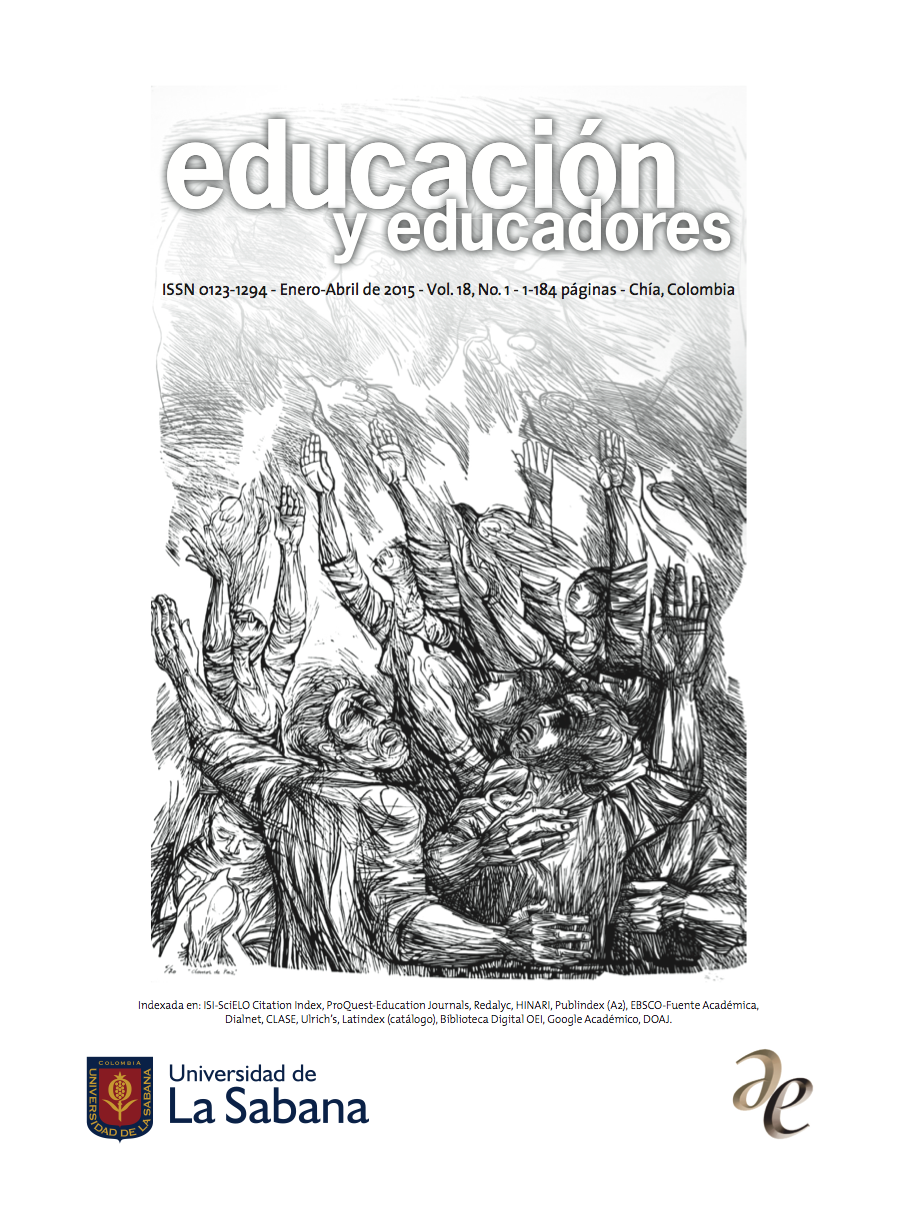Citizenship: Learning a Way of Life
Keywords:
Citizenship, democracy, participation, globalization, exclusion (Source, UNESCO Thesaurus).Abstract
Objective: This study offers a historical overview of the classical and modern models and approaches to citizenship in an effort to clarify its origin, development, deeper meaning and validity.
Methodology: Based on a review of the different theoretical approaches to citizenship, its evolution, transformations and implications are traced in comparison to the overriding debates and questions surrounding citizenship in today's context.
Findings: The study indicates contemporary citizenship is very different from classical citizenship, not only with respect to entitlements and rights, but also as a manifestation of inequality, social crisis and the emergence of other interests that govern modern societies, especially economic interests.
A citizen is a political being, with a social and moral dimension. This suggests the formation of citizenship is not the rote learning of rules (judicial, legal and political), but the actual realization of a way of life and coexistence among human beings in society.
Downloads
Published
How to Cite
Issue
Section
License
Copyright (c) 2015 Educación y Educadores

This work is licensed under a Creative Commons Attribution-ShareAlike 4.0 International License.
1. Proposed Policy for Journals That Offer Open Access
Authors who publish with this journal agree to the following terms:
-
This journal and its papers are published with the Creative Commons License CC BY 4.0 DEED Atribución 4.0 Internacional. You are free to share copy and redistribute the material in any medium or format if you: give appropriate credit, provide a link to the license, and indicate if changes were made; don’t use our material for commercial purposes; don’t remix, transform, or build upon the material.






